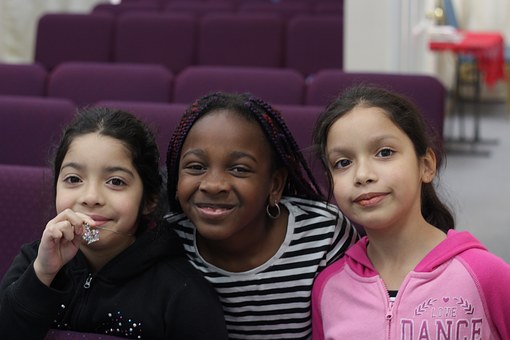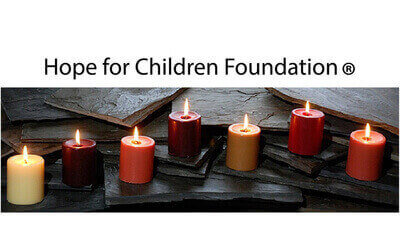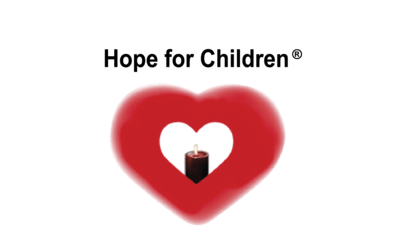Provide More Hope For Children
Posted by Patricia on Mar 28th 2018
Let’s provide more hope for children, instead of more poverty. Most everyone will agree that growing up in poverty is likely to have an impact on a child. How it affects that child’s social and emotional growth is not as clear. Researchers have found that the social competence of a child in its early years is greatly affected by the level of education, income level, and symptoms of depression of his or her mother. This will likely have lasting effects on the social competence of that child. It may also have short-term effects on the young child’s understanding of emotions.

Hope For Children Foundation Reaches Out To Children Living In Poverty
Unfortunately, the number of children living in poverty is disproportionately sgreater than their percentage of the population in the United States. Poverty is an especially serious problem for children. After living in poverty for only a short time, such children often suffer negative effects for the rest of their lives. More of an effort needs to be made in the U.S. to cut the child poverty rate, as well as racial and ethnic disparities. Through diligent efforts and national policies, Great Britain has been able to cut its child poverty level in half during the ten-year period ending in 2010. During this same time period, the child poverty level in the U.S. has increased by about 20%.
Children in families with greater emotional risks are less able to understand such emotions in others as well as in themselves. This results in difficulty in following rules. This is a significant disadvantage for them, causing them to be at a disadvantage relative to their peers when they begin school. Studies have shown that a significant percentage of children living poverty were deficient in areas such as language and emotional responsiveness.
Adverse Social and Physical Environments
It is seen that when compared to others, children from poor areas face greater exposure to adverse social and physical environments because their neighborhoods typically have poorer social, municipal, and local services. The children in these areas are exposed to higher crime rates and less playground safety. Because poor areas are less likely to contain green space that more affluent areas are, the children living there often breathe contaminated air and may drink impure water. These children also live in housing that is more crowded, noisy, deteriorating, and contains more safety hazards.
Children living in poor households are often in single-parent homes where the parent has less available time and tends to be less emotionally responsive. These children are often found to have poor school attendance and lower grades. These children are also more vulnerable to the negative effects of change, disruption, and uncertainty. The children in these families are exposed to parental problems such as depression, chemical dependence, and hectic work schedules. This often causes the children to feel isolated and unloved. Many problems are triggered such as poor academic performance, behavioral problems, and drug abuse. These adverse childhood experiences can often lead to negative experiences, emotional impairment, risky behavior, and disease.
Identify and Help Children
In order for some improvement to be made in these areas of family stress and concern, efforts must be made to identify and help the families before it becomes too late. Early identification can allow for helping mothers and children to reach higher levels of emotional well-being and significantly reduce the long-term effects of early emotional risk. These efforts are worth the cost in our society.
I cannot thank you enough for reading this information. Please do all you can to help children and families.
Most respectfully,
Hope For Children Foundation and the Board of Directors

